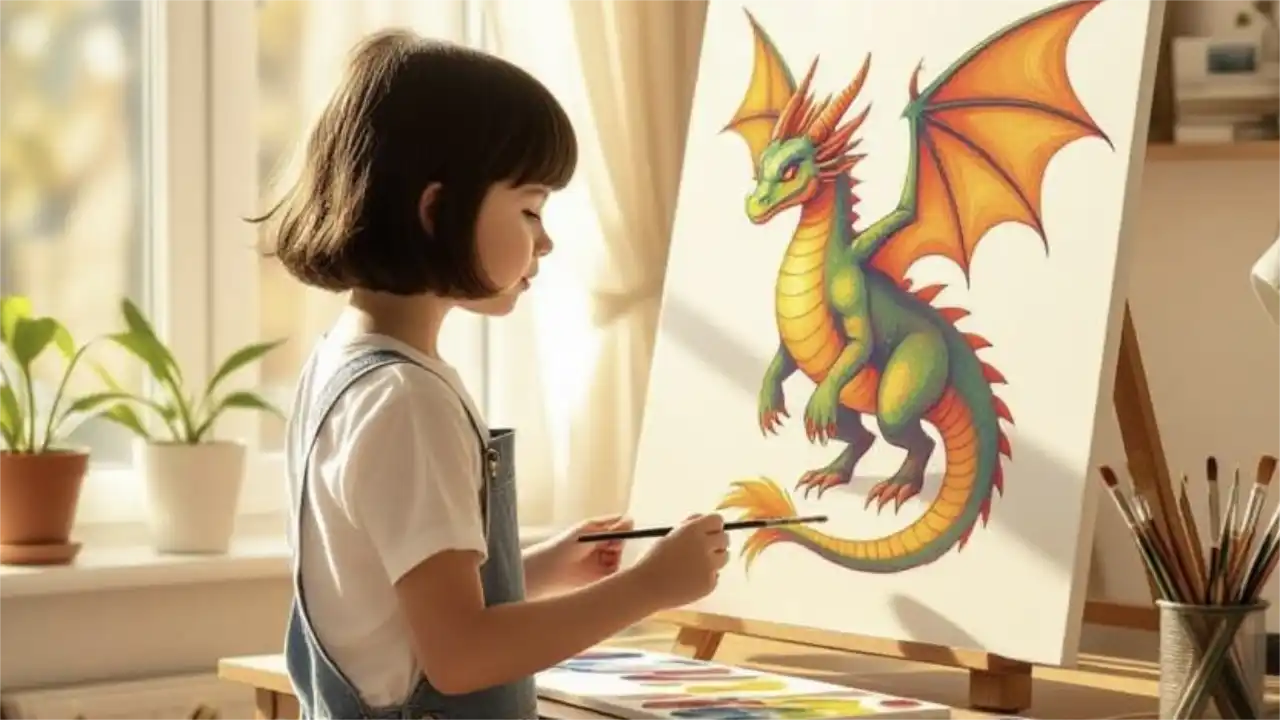
Nurturing Creativity: Craft with Joy
C
reativity thrives when the process matters more than the product. Children who are free to tinker, shape, and build without pressure to impress begin to associate creativity with joy instead of judgment. That doesn’t mean abandoning structure—it means valuing exploration for its own sake. When children feel free to create without worrying whether it’s “good,” they take risks, follow instincts, and surprise even themselves.
One afternoon, my daughter began painting a dragon with seven mismatched wings. It made no anatomical sense—but she didn’t care. She was lost in color and detail, layering brushstrokes with total focus. I asked about each wing, and she gave every one a name. That painting still hangs by her desk—not because it’s perfect, but because it’s hers. She remembers how it felt to make something entirely her own.
Give your child tools—paint, clay, scraps, words—and let them lead. Join in, but don’t steer. Ask about what they’re making instead of judging it. When joy becomes part of the process, creativity stops being fragile and starts becoming a habit. It’s not about producing something beautiful. It’s about making room for expression, and letting them discover what their mind can do when it’s free.
Nurturing Creativity
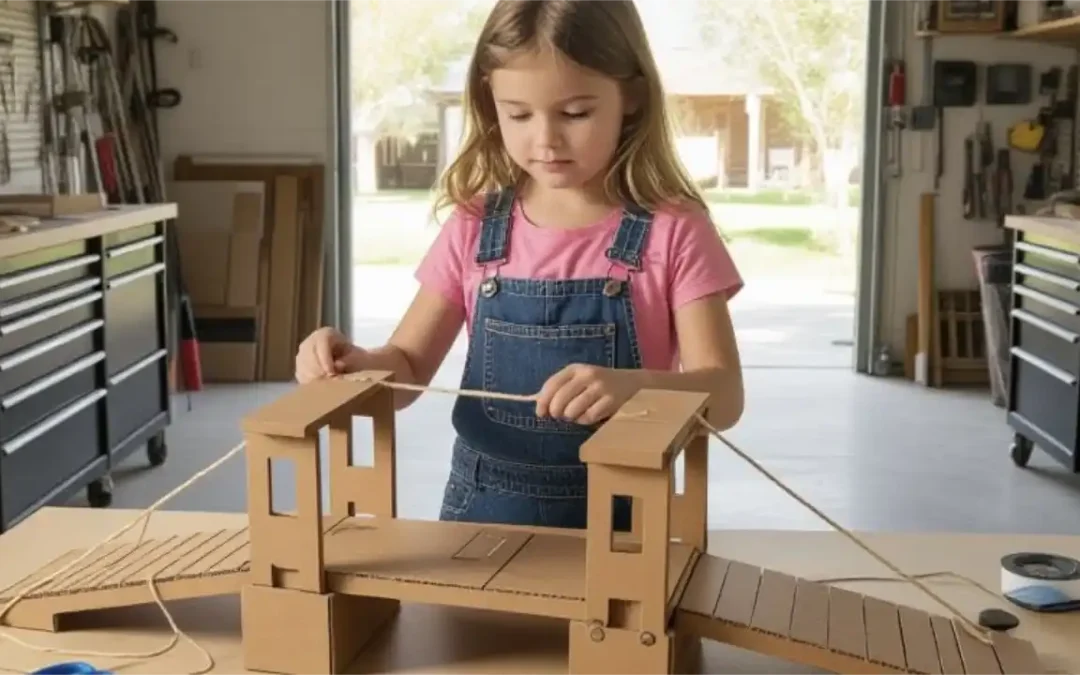
Nurturing Creativity: Compete with Creativity
Creative competitions inspire focus and originality. Learn to keep them playful, positive, and supportive—not stressful.
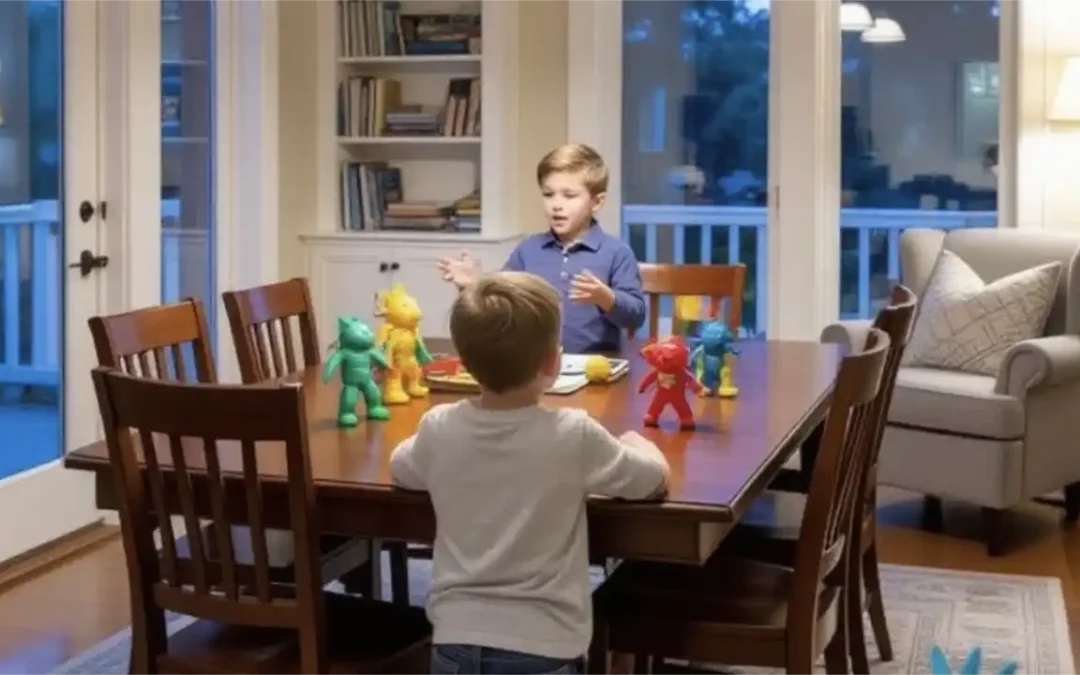
Nurturing Creativity: Free Imagination
Give children space to dream, pretend, and invent. Imagination fuels curiosity, emotional growth, and playful learning.
Table of contents

Primordial Soup for the Mind: Navigation
Navigate the book Primordial Soup for the Mind.
TIPS
- Focus on the process, not the outcome.
- Let your child explain their creation instead of judging it.
- Encourage experimentation over perfection.
ACTIVITIES
- Creative Time: Set out open-ended materials (paper, glue, fabric, recyclables) and let your child create freely.
- Show and Tell: Ask, “What’s your favorite part of what you made?” and listen without correcting or critiquing.
EXAMPLE
My daughter painted a dragon with seven wings. I asked her to tell me about each one—and in doing so, she gave the whole world meaning.

Download “Primordial Soup for the Mind: A Parent’s Guide to Nurturing Intellectual Growth”
Enter your information to get this article and hundreds more as part of the FREE book Primordial Soup for the Mind.
Share your thoughts with the Thought Academy community in the Comments section below.

Sharpen those skills!
Enter your information to get our FREE practice exercises so you can hone your critical thinking and reasoning skills!



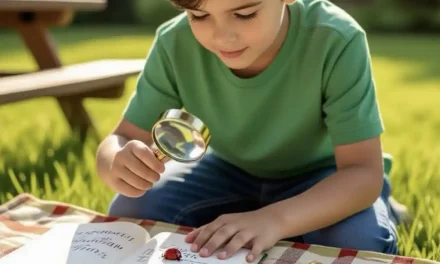
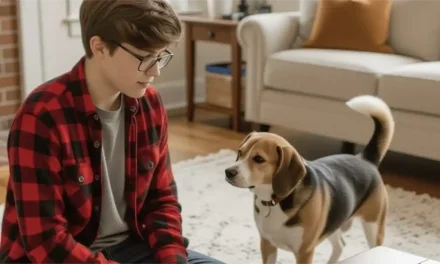


0 Comments